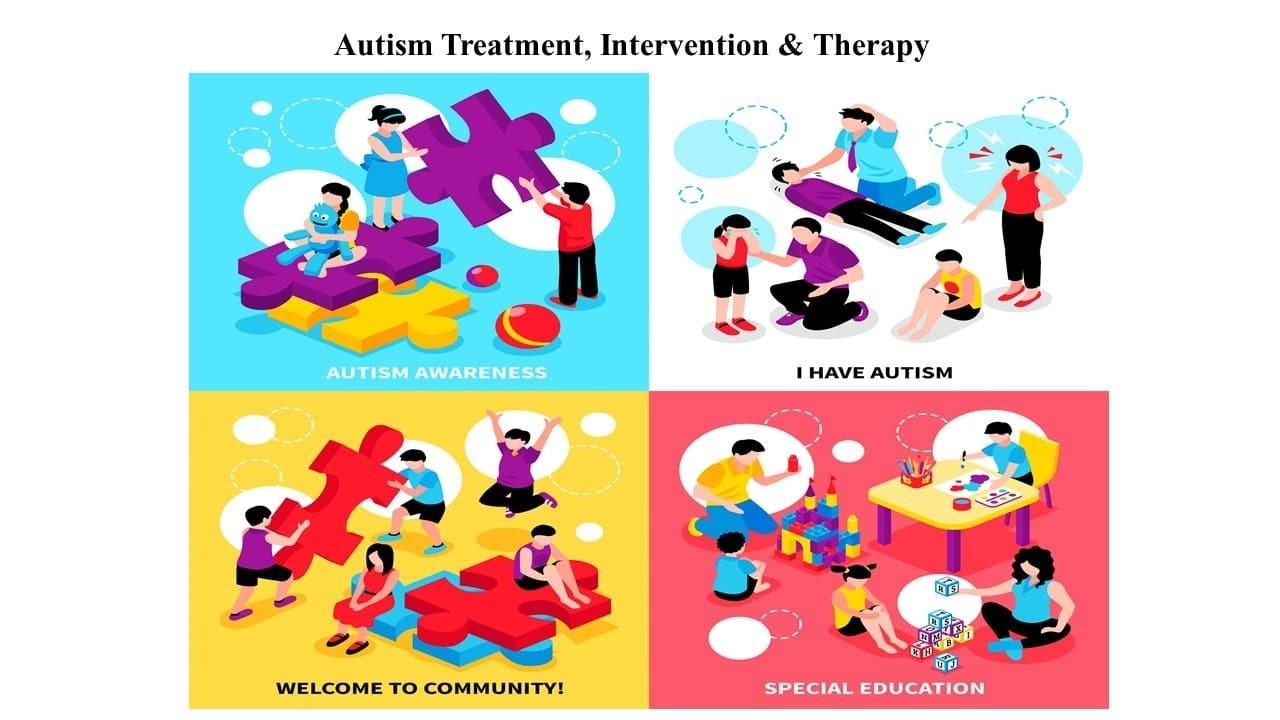
If you have autism, you’ll have it your entire life. But early treatment can make a big difference in development for a child with autism. If you think your child shows symptoms of ASD, tell your doctor as soon as possible.
What works for one person might not work for another. Your doctor should tailor treatment for you or your child. The main types of treatments are:
Behavioral. Helps a person understand the causes and results of behaviors so they can change unwanted behaviors.
Developmental. Speech therapy improves communication skills, physical therapy improves motor ability, and occupational therapy works on life skills like dressing and eating.
Psychological. Treatments like cognitive-behavioral therapy (CBT) can help people deal with anxiety, depression, or other mental health issues in addition to autism.
Educational. Adapts learning processes to the needs of people with autism.
Social-relational. Focuses on improving social skills and building emotional bonds.
Medications. Work to ease symptoms of ASD, like attention problems, hyperactivity, or anxiety.
Complementary treatments may help boost learning and communication skills in some people with autism. Complementary therapies include music, art, or animal-assisted therapy, such as horseback riding.
Applied behavior analysis (ABA) is a type of treatment that aims to promote positive behavior and discourage negative or harmful behavior.
The U.S. Surgeon General and the American Psychological Associate recognize ABA as an effective, evidenced based intervention that improves functioning and skills in many children with autism. Advocates claim that it’s the best way for a person with autism to adapt in a way that lets them live in society more easily. But some experts worry ABA goes too far to change and control behaviors – behaviors autistic people feel are part of their identity. Keep in mind, ABA is a flexible treatment. Your ABA therapist will create an individualized plan to meet your child’s unique needs. Talk with your doctor to learn if ABA is right for your child and family.
Can you trust treatments that promise to cure autism?
There is no cure for autism. Certain treatments are sold or advertised to treat autism but don’t actually work. Some of these fake treatments can even be dangerous. Don’t try any of the following for autism:
To spot a fake treatment, look for these warning signs:




